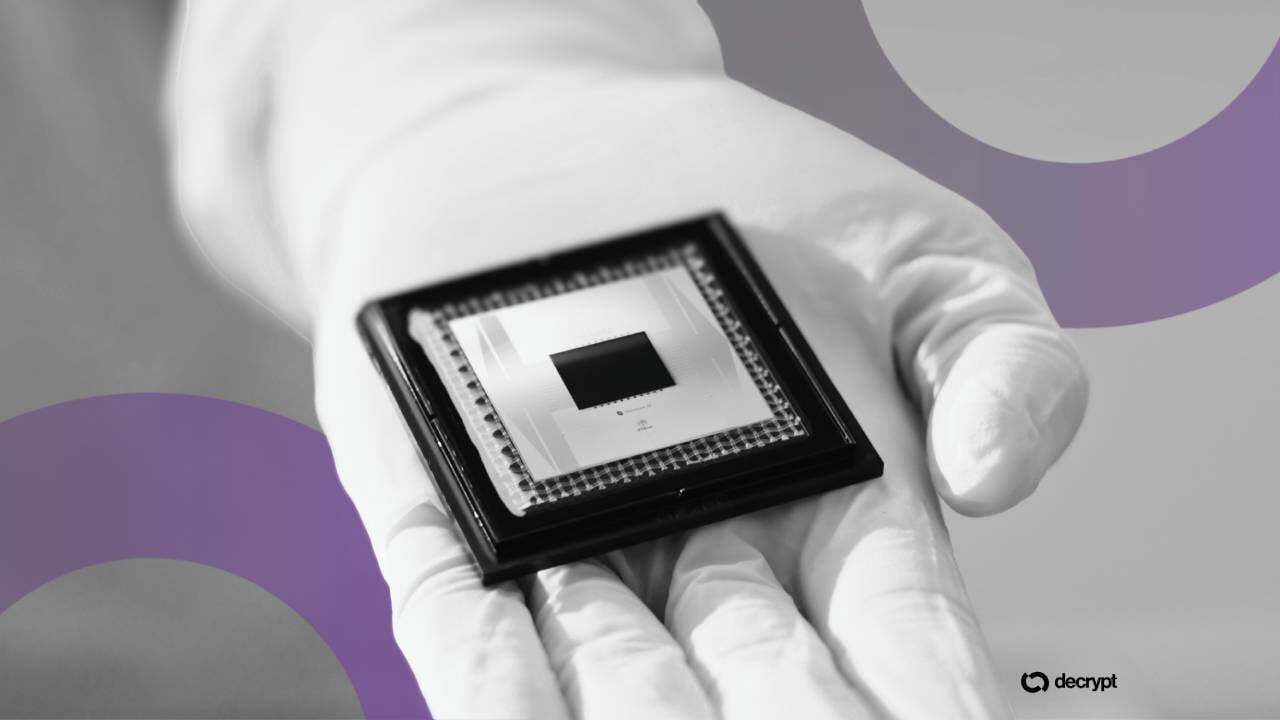Volkswagen said it currently has enough semiconductors to keep production running, but it is not calling this stability anything close to secure.
The company confirmed that the supply is stable “in the short-term” across its brands, including Audi and Porsche.
But CEO Oliver Blume warned that the situation is fragile and could change without warning.He said the chip issue affecting the industry now is not about advanced chips but basic ones used everywhere, especially in cars.
These are the chips that many people do not think about, but every car depends on several hundred of them to function.
Blume said, “The current chip crisis shows how fragile our world is. Unlike the last semiconductor crisis, this one involves very simple chips that are used across industries and especially in cars.”
He said Volkswagen is temporarily covered, but that the company needs a political solution, not just scrambling in supply chains. The source of the problem is outside the company’s direct control, and the stakes are tied to global politics.
China export ban pressures manufacturers
China blocked exports of finished semiconductor products from Nexperia, a chipmaker based in the Netherlands but owned by Wingtech, a Chinese firm.
The Netherlands moved to take control of Nexperia, after the United States raised national security concerns about Wingtech. China responded by freezing the movement of Nexperia chips out of the country.
This situation has forced European automakers, including Volkswagen, to think about what happens if the supply stops.
This chip dispute adds to existing pressure on the European auto industry. There are already U.S. tariffs on imported cars and Chinese export controls on rare earth minerals, which are necessary for electric motors and batteries.
Blume, who is also currently CEO of Porsche, said Porsche is already facing a “massive crisis” due to falling sales in China and the tariffs placed by the United States. Porsche reported a third-quarter operating loss of almost 1 billion euros, equal to about $1.2 billion.
Porsche plans to change leadership in 2026. The CEO role will shift from Blume to Michael Leiters, who previously ran McLaren Automotive. Blume said Leiters had been on his list of possible successors, calling him “a sports car professional” and saying he would be “a good Porsche boss.” This comes after investors complained for a long time that one person could not run both Volkswagen and Porsche at the same time.
Automakers look for alternatives, but replacements take time
Volkswagen appears to be more dependent on Nexperia chips than some of its competitors. Analysts said a long disruption could affect many European automakers, not just one.
Volvo Cars, which is owned by Geely of China, said it has not seen direct problems yet, but it said it could still be affected by broader supply chain delays. Every major carmaker still remembers how the Covid-19 pandemic stopped production lines when workers were told to stay home and shipping stopped.
Since then, companies have tried to diversify suppliers, but many still rely on China.China mines 70% of the world’s rare earths, and handles 90% of the chemical processing required for them.
Sigrid de Vries, head of the European Automobile Manufacturers’ Association (ACEA), said, “Automakers have taken steps over the last years to diversify supply chains, but risk cannot be mitigated down to zero.” She said this is a problem that affects almost every supplier.
Nexperia runs a spread-out production network.It designs chip models in Europe, presses silicon wafers in factories in Britain and Germany, and assembles and tests chips in China, the Philippines, and Malaysia.
Automakers usually do not buy directly from Nexperia. The chips go first to automotive suppliers, who build them into parts and then sell those parts to Volkswagen and others.
Replacing Nexperia chips cannot happen quickly.
New chips must be tested for automotive safety, a process that takes time. Analysts at Deutsche Bank said that if no solution is found, German car output could fall by one-third in the worst case, with a 10% drop being more likely.
Claim your free seat in an exclusive crypto trading community – limited to 1,000 members.
Source: https://www.cryptopolitan.com/volkswagen-says-were-doing-fine-on-chips/


